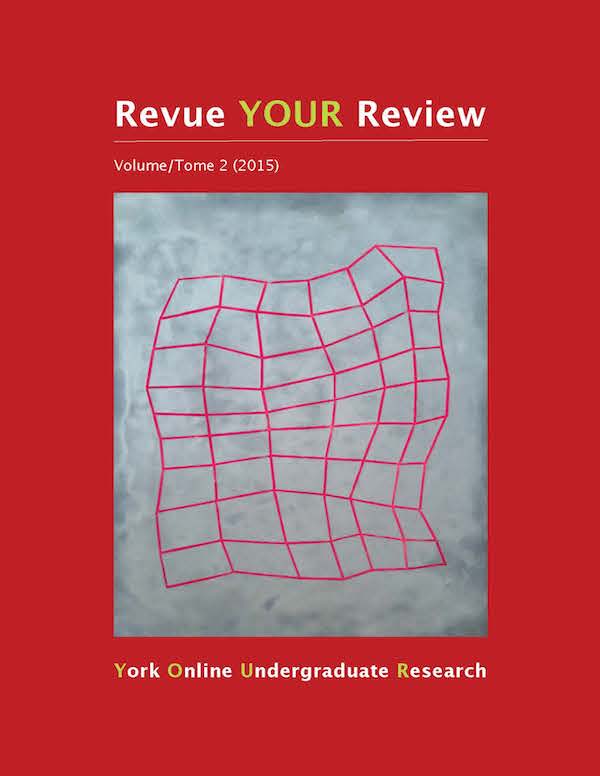Environmental Interest Groups and U.S. Foreign Policy: A Case Study of the National Resources Defense Council (NRDC)
Résumé
This paper discusses environmental interest groups’ influence on U.S. foreign policy behaviour. Environmental interest groups have long been pushing for state-level responses to transnational environmental problems such as climate change and changes to the marine environment. The nature of contemporary environmental problems is forcing states to act both independently and in collaboration with other state and non-state actors. In the U.S., the prominent environmental interest group, the National Resources Defense Council (NRDC), has become a strong voice for environmental issues. Since its inception in 1970, the NRDC boasts several victories, including the passing of U.S. Public Law 99-500, October 18, 1996, requiring the U.S. government to set up an early-warning system to prevent federal funding of environmentally harmful multilateral bank projects overseas. My objective is to understand if the activities of the NRDC successfully influence U.S. foreign policy behaviour. I identified five case studies from the 2011 NRDC Annual Report and from the NRDC website by applying several filters. I then constructed a timeline and collected information that indicated U.S. foreign policy behaviour including press releases, presidential memorandums, directives, congressional hearings, legislation, and participation in conventions and treaties. Using a methodology inspired by Porter and Gareth (1996) to categorize my results, I conclude that the NRDC does not consistently influence the U.S. to act as a lead state in solving transnational environmental problems.
Téléchargements
Comment citer
Numéro
Rubrique
Licence
Les auteurs qui contribuent à la Revue YOUR Review acceptent de publier leurs articles selon une des trois catégories de la licence 4.0 : Creative Commons Attribution 4.0 International; Creative Commons Attribution-Pas d'Utilisation Commerciale 4.0 International; ou Creative Commons Attribution-Pas de Modification 4.0 International. Tout contenu éditorial de ce site ainsi que les affiches et les résumés sont sous la licence Creative Commons Attribution-Pas de Modification 4.0 International. Pour plus d’informations, veuillez voir :
https://creativecommons.org/licenses/
Dans tous les cas, les auteurs conservent leurs droits d’auteurs et concèdent à la Revue YOUR Review le droit de première publication. Les auteurs peuvent, par la suite, conclure d’autres accords de distribution non exclusifs de la version publiée dans ce périodique (par exemple, l’afficher à un dépôt institutionnel ou le publier dans un livre ou dans un autre périodique) à condition que la reconnaissance fasse mention de la publication originale dans la Revue YOUR Review.


